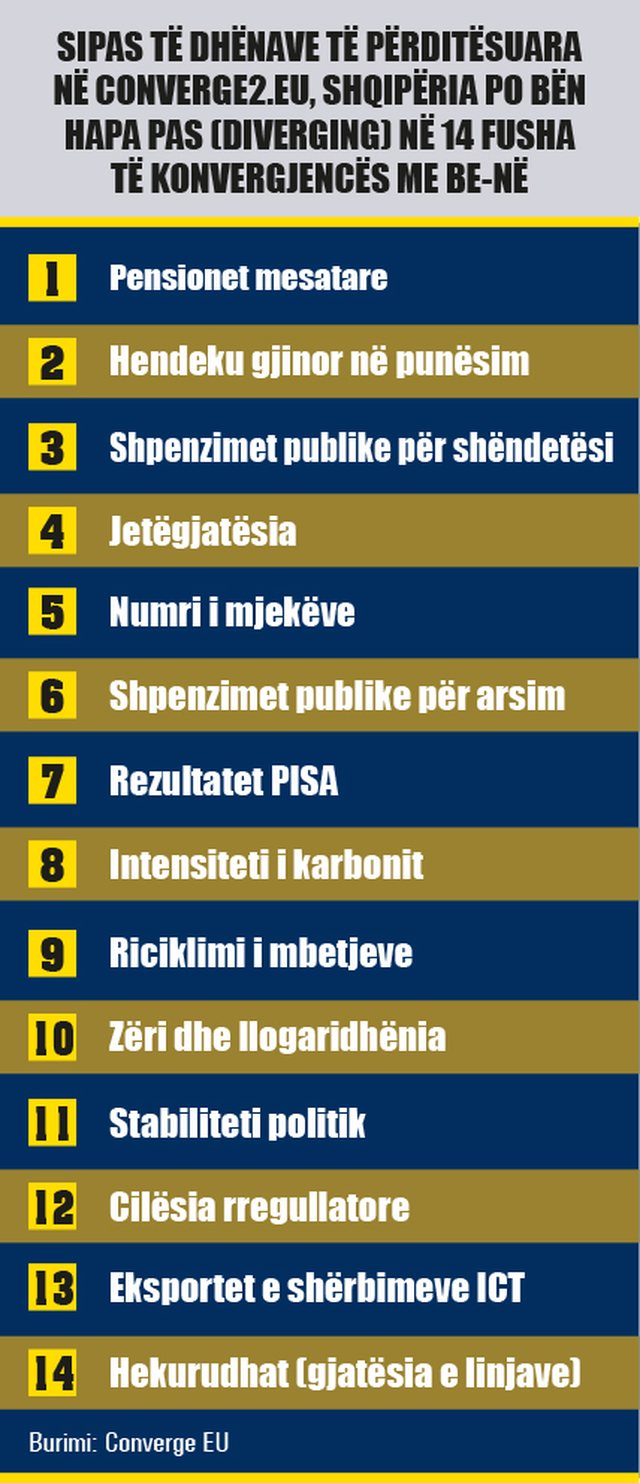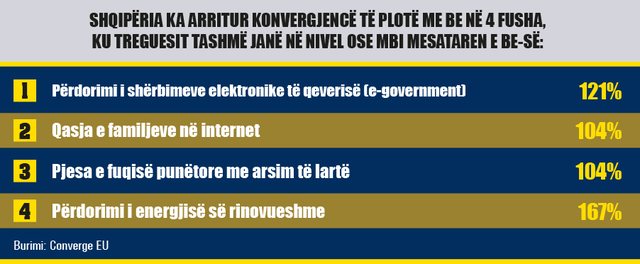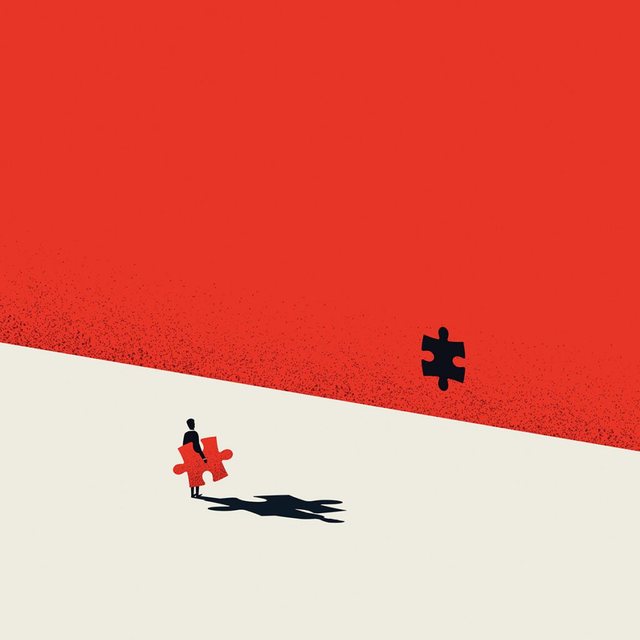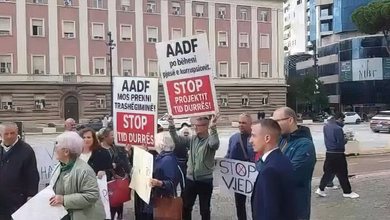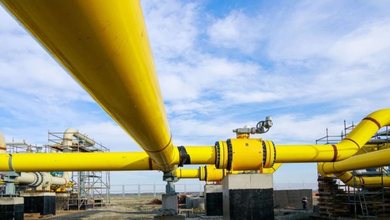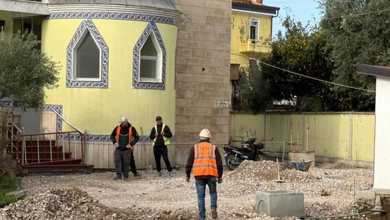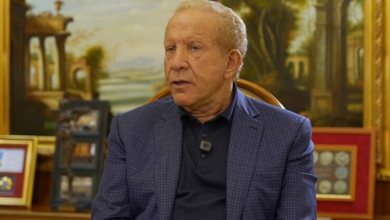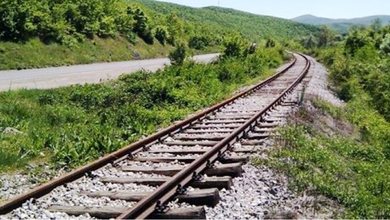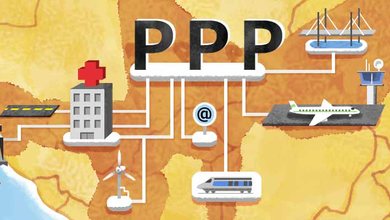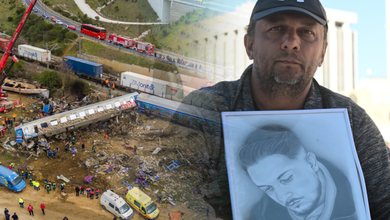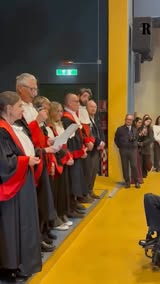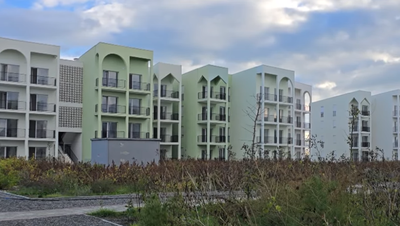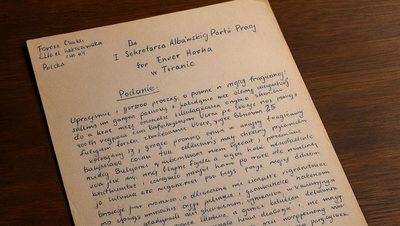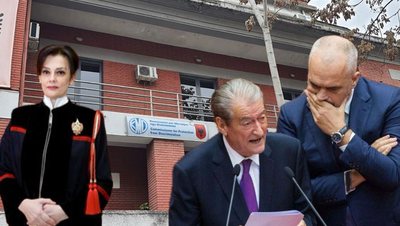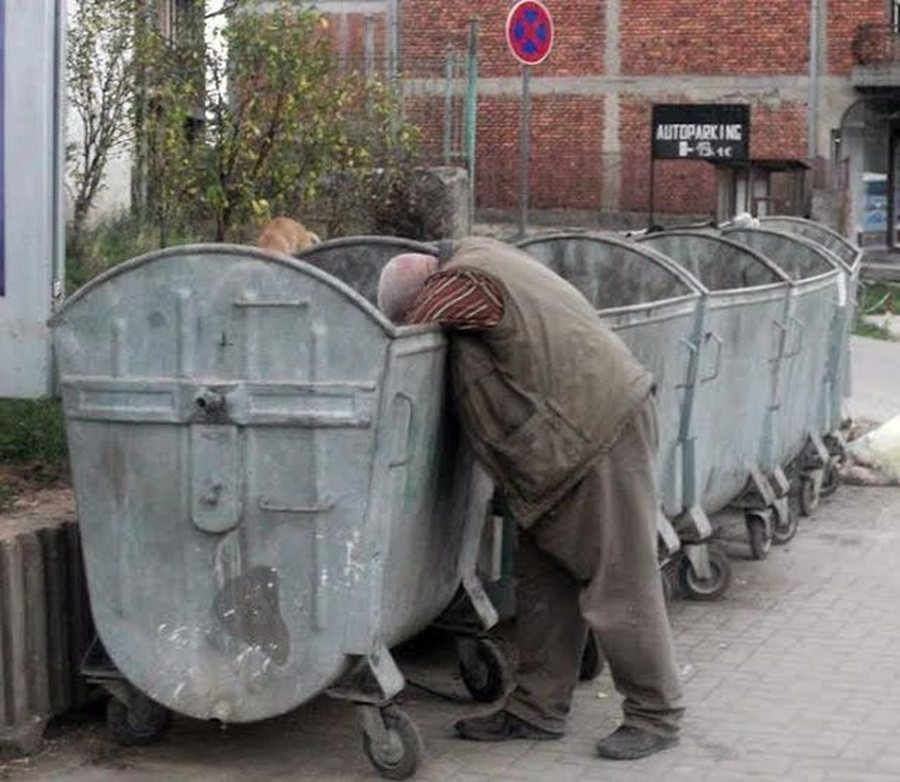
As Albania aims to join the European Union by 2030, the country needs decades, and even in key areas, education, health, and governance, steps are being taken backward, further deepening the gap, instead of narrowing it.
Unlike the countries of Eastern Europe, the countries of the Western Balkans have not progressed equally in terms of economy, democracy, governance and infrastructure. Some autocratic regimes and others wars after the 1990s have left consequences that are still not being overcome.
The Vienna Institute for International Studies (WIIW) has built the convergence platform, which shows how many years it takes each of the 6 countries to reach EU standards in 8 main areas and 40 sub-areas.
Analyzing each of the components, it is seen that in 14 areas, Albania is taking steps backward, in 4 of them it has reached the standards and in 22 others it will take decades to over 100 years to reach the EU.
EU membership without meeting standards risks further deepening the migration scourge, says Selami Xhepa, an Economic Expert. According to him, the experiences of the newest EU members point to waves of immigration, which are stimulated by free movement and the deep gap in living standards.
Despite the positive and negative effects of EU membership, Albanian citizens and businesses want it more than any other country. The Balkan Barometer 2024 found that 77% of Albanian citizens support the country's full integration into the EU, the highest level out of the 6 countries.
Albania is taking steps back in a third of areas
Albania's convergence process with the European Union is facing serious obstacles in 14 key areas out of 40 in total, or 35% of them, according to data from the Converge2.eu platform.
Classified as “diverging”, these areas include average pensions, the gender gap in employment, and public spending on health and education, which remain significantly below EU levels. The lives of Albanian citizens also reflect a lack of improvement in life expectancy, the number of doctors per capita, and results in the international PISA test, which measures the quality of education.
In the field of environment and energy, Albania is falling behind the EU in indicators such as carbon intensity and waste recycling, showing that economic growth is not being accompanied by green policies.
In terms of governance and institutions, three important indicators, namely accountability, political stability and regulatory quality, have registered negative trends. This indicates a weakening of the perception of democratic governance and institutional capacity for reform.
In the economy and infrastructure sector, ICT services exports and the railway network are two other areas where the gap with the EU has widened.
The data show that Albania has progressed in some macroeconomic indicators and digitalization, but is losing ground in indicators related to quality of life, governance and human capital, essential elements for real convergence with the European Union.
On key measures related to quality of life, Albania is further widening the gap with the EU, rather than narrowing it. This is the most dangerous development for the sustainability of the country's population.
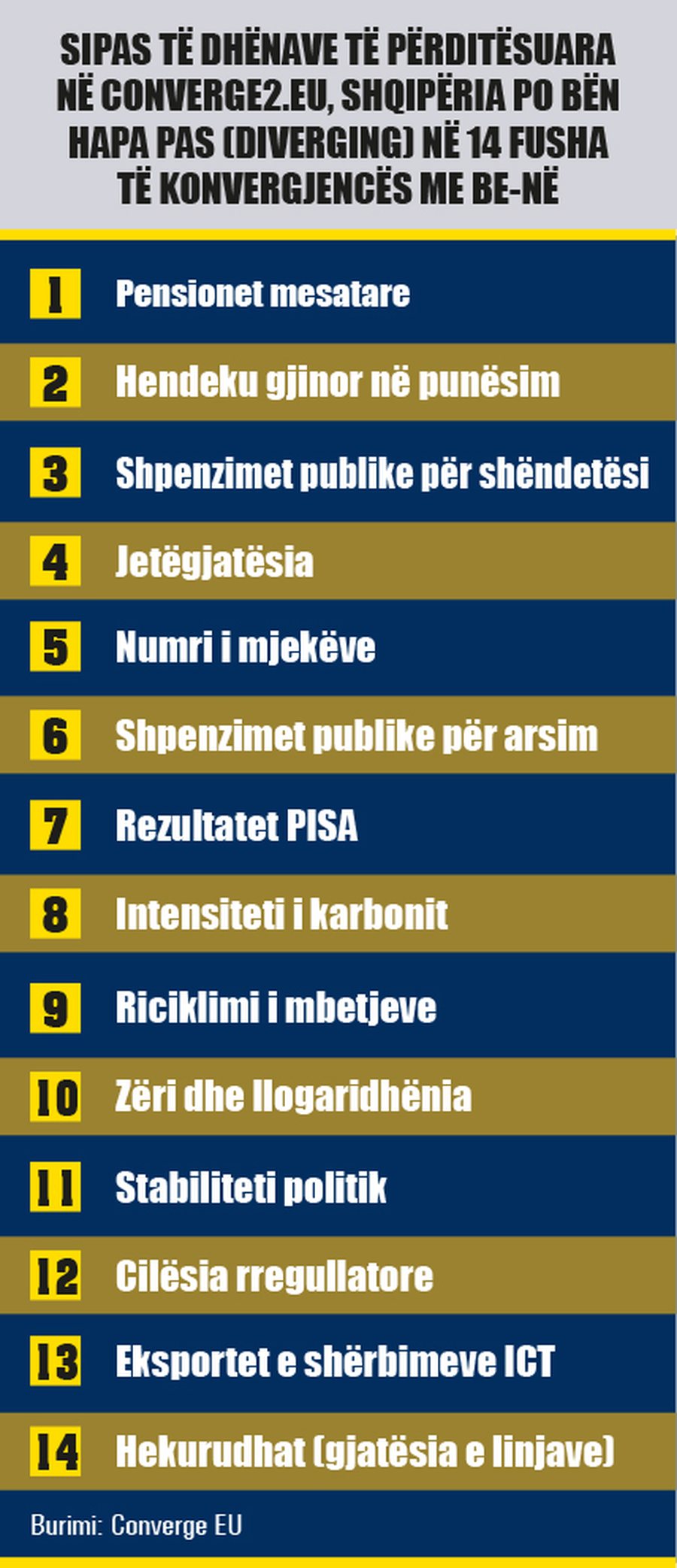
4 areas where we have achieved standards
Out of 48 areas analyzed, in 4 of them or 8% we have reached EU standards. According to data from the Converge2.eu platform, Albania has achieved full convergence with the European Union in 4 areas, in the use of electronic government services (e-government) which is estimated at 21% above the EU average; household access to the internet which is 4% above the EU average; the percentage of the workforce with higher education and the use of renewable energy.
These indicators show that Albania has progressed significantly in digitalization and clean energy, areas that are bringing the country closer to EU standards faster than other sectors.
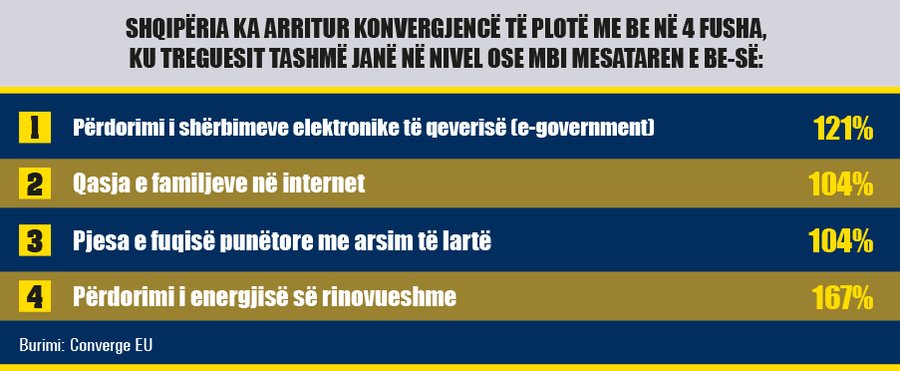
Economy, it takes 53 years to reach the EU
In the economic field, Albania needs 53 years to reach EU standards. Albania ranks better than Montenegro with 72 years, North Macedonia with 59 years, Bosnia and Kosovo (both over 100 years), but worse than Serbia, which needs only 35 years.
Albania's economic performance shows insufficient development to accelerate rapprochement with the EU, while Serbia, with a stronger industrial base and higher foreign investment, maintains the advantage in this regard.
The data show a large gap in most indicators. Gross Domestic Product per capita reaches only 43% of the EU average, which would take about 30 years to achieve. The average gross salary is 769 euros, which is 25% of the EU level and would take about 46 years for convergence.
The minimum wage, at around 400 euros, represents 32% of the European level and takes 40 years to equalize.
Average pensions are more problematic, only 184 euros per month, or 8% of the EU average, showing divergent trends, meaning Albania is moving away from European standards in this regard.
While productivity (output per employee) is 42% of the EU average and it would take 43 years to achieve it. Albania is moving very slowly towards EU economic standards, especially in personal income and pensions.
Poverty takes 100 years, inequality 71 years
In social indicators, Albania has one of the poorest performances in the region, with 71 years to reach EU standards, Bosnia and North Macedonia are worse.
While Kosovo performs better with 19 years and Serbia with 51 years, which show more significant progress in social policies.
This shows that high emigration, inequalities, and the lack of sustainable social services are dragging Albania down in this regard.
The unemployment rate is 9%, which is only 64% of the EU average. At this rate, it will take the country about 25 years to reach the European standard.
On the other hand, the employment rate is relatively high, 69%, which coincides with the 97% of the EU average and could reach the EU level within just two years, if current trends continue.
The most difficult situation is seen in poverty indicators. Albania will need more than 100 years to reach European standards. Inequality also remains high with a deadline of 71 years to be at EU level.
As for the gender gap in employment, we are approaching 73% of the EU level. This indicator is moving in the opposite direction and is considered “divergent”, meaning that the difference between men and women in the labor market is not narrowing, but rather, is widening.
Overall, the data show that for some areas such as employment, Albania is getting closer to the EU, but for indicators related to quality of life and social equality, the pace of improvement remains very slow.
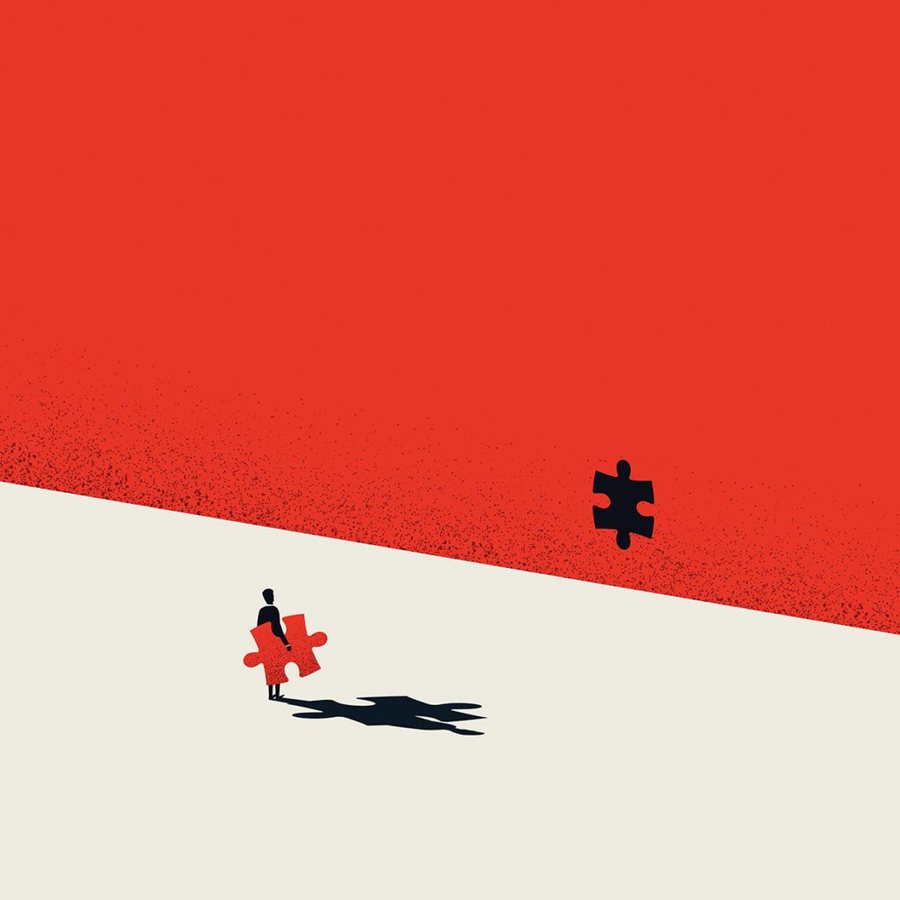
Healthcare, the gap is widening
Albania spends only 3% of GDP on health, which is 43% of the EU average. This indicator is considered “divergent”, meaning that the gap with the EU is not narrowing, but is remaining stable or even widening.
In healthcare, Albania needs 39 years, North Macedonia only 7 years, Montenegro, 17 years. Kosovo needs 41 years, Bosnia 89 years, while Serbia seems to be much worse with over 100 years to reach the EU.
This shows that improvements in the Albanian healthcare system have had an effect, although much remains to be done in terms of quality and territorial coverage.
Life expectancy is 80 years, 98% of the EU average, a very high indicator. However, although close to the European level, the pace of improvement is divergent, meaning that the EU is advancing at a faster rate.
Albania has 6 deaths per 1,000 live births, which is 54% of the EU average. For this indicator, it is estimated that it will take 14 years to reach the EU level, if current trends of improvement continue.
Albania has 365 beds per 100,000 inhabitants, or 71% of the EU average. It is projected that it will take about 11 years to reach the European level, provided that the growth rate remains constant.
The country has 23 doctors for every 10,000 inhabitants, which represents only 55% of the EU average. This indicator is also divergent, meaning the gap with the EU is not narrowing, reflecting a shortage of medical staff and high emigration of professionals.
The data shows that despite some achievements in life expectancy, Albania lags far behind the EU in public investment and the number of doctors, two key areas for convergence in European health standards.
Education, Albania steps back
Standards in the field of education show that Albania is further deepening the gap with the EU instead of narrowing it.
The two areas with the most lag are public spending on education, at only 3% of GDP or 57% of the EU average, further falling short of convergence targets. The results in the international PISA tests (376 points) also remain well below the European average and are on a divergent trend.
In education, Albania, like most countries in the region (including Kosovo, Montenegro, North Macedonia and Serbia), is in divergence, meaning it is moving away from European standards. In this respect, only Bosnia ranks better by 18 years and represents a greater improvement in this area.
Education appears to be the most problematic common thread for the region, closely linked to the lack of structural reforms and sustainable investments in human capital.
On the other hand, higher education participation reaches 65% of the EU level, with a gap that could be closed within 19 years if Albania's current pace continues. But the percentage of the population with a university degree is still low, only 20%, and it will take about 47 years to reach the EU average.
On the positive side, the share of the labour force with tertiary education has now reached 104% of the EU average. Meanwhile, the most problematic indicator remains the rate of young people not in education, employment or training (NEET), which is 23%, only 40% of the EU average and is projected to take more than a century to achieve convergence.
The data show that education policy priorities should focus on increasing public funding, improving the quality of basic education, and creating concrete policies for the inclusion of young people in education or work.
The environment, a century after the EU
Overall, Albania has good achievements in the use of renewable energy, but lags in other sustainability indicators. The use of clean energy reaches 97%, which is 167% of the EU average, placing the country in a convergence phase.
However, in terms of energy efficiency, Albania is only at 58% of the EU level and will need about 84 years to reach European standards.
In environmental areas, Albania needs over 100 years to reach EU standards and is at the same level as most other countries in the region.
This means that the entire region has serious delays in managing pollution and clean energy.
Pollution remains the most serious problem. Reducing the number of premature deaths from pollution will require about 60 years of improvement. Meanwhile, carbon intensity and waste management are following a different path from the EU, categorized as divergence.
Albania produces more carbon per economic unit and recycles only 24% of waste, a significantly lower level than the European average.
From 5 sub-areas of governance, to 3 steps behind
Balkan countries lag behind EU standards in many areas due to poor governance over the last three decades.
In governance, Albania needs 64 years to reach EU standards, while other Balkan states, Bosnia and Serbia, require an even longer time, Kosovo, Montenegro and North Macedonia perform better in this regard.
Kosovo is better than all countries with a governance gap of only 26 years.
Albania reaches an average of about 74–80% of the EU level for indicators of transparency, political stability and regulatory framework, but our country, instead of progressing, is taking steps backwards in these areas, the Vienna Institute study highlights.
For Government Effectiveness, the country is at 80% of the EU level and will need about 15 years to reach its standards. The situation is more problematic in the areas of rule of law and control of corruption, where Albania is at 66% and 63% of the EU average, respectively, with an estimate that it will take 25 and 31 years to reach the European level.
The data show that Albania has made some improvements in terms of government efficiency, but lags far behind in strengthening the rule of law and fighting corruption. Most other indicators, especially those related to political freedoms and stability, are stagnant or trending negatively compared to the EU average.
Digitalization, Albania closer to the EU
The area where Albania has made significant progress in aligning standards with the EU is digitalization, with only 9 years of difference from the EU, an indicator where we rank much better than all other countries in the region, except Serbia which is only 4 years away from the EU. This mainly reflects the reform of e-Albania services and the expansion of internet access for the population.
Almost all Albanian households (98%) have access to the internet, a level that even exceeds the EU average of 104%, while the use of electronic government services is 121% of the European average, showing significant progress in this regard.
However, business participation in the digital space remains more limited, only 58% of enterprises have a website and according to estimates, it will take about 14 years to reach the EU level.
In international trade in ICT services, Albania lags far behind. ICT exports account for only 1% of the total or 18% of the European average, indicating a divergent trend. Even the value added in the ICT sector is low (3% of GDP, or 53% of the EU level), and it will take around 56 years for convergence.
Employment in this sector is also limited, with only 2% of the workforce, representing 41% of the EU level and requiring around 44 years to reach European standards.
While Albania has made significant progress in internet access and online public services, it lags far behind in the economic development of the ICT sector and its exports, where competitiveness and capacity for sustainable growth are still lacking.
Infrastructure, a century away from the EU
Albania, like other countries in the region, needs more than a century to reach EU standards due to the lack of railways and the low density of the road network, etc.
Currently, our country has a significant deficit in most infrastructure indicators. There are only 9 kilometers of highways for every 10,000 square kilometers, about 4% of the EU average, and it would take over 100 years to reach this level.
Even road networks are underdeveloped, with 1,254 kilometers per 10,000 square kilometers (only 8% of the EU level), which would take over a century to match.
The railway network is in an even more problematic situation. Only 88 kilometers per 10,000 square kilometers, which represents 10% of the European average, but here the trend is negative, as the railway infrastructure is moving away from EU standards instead of getting closer.
In terms of aviation, the position is somewhat more favorable. The number of airports per unit area constitutes 24% of the EU average, and at current rates parity could be achieved within 33 years.
While the installed electrical capacity is 1,017 megawatts per 10,000 square kilometers, about 25% of the EU average, even here progress is slow and requires more than 100 years to reach European standards.
The data highlights a very large gap in infrastructure, especially in roads, highways and energy, while rail transport lags behind the EU./Monitor.al/


